
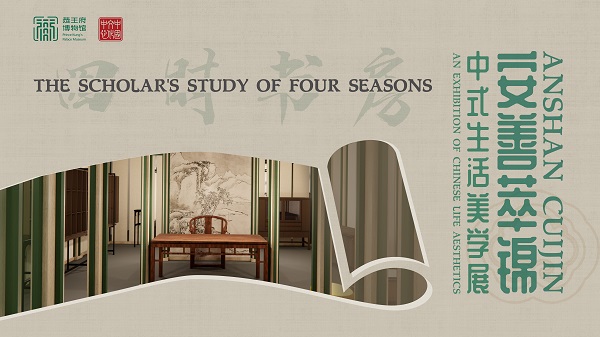
The Chinese Lifestyle Aesthetics Exhibition – The Scholar's Study in Four Seasons – opened at the China Cultural Center in the Latvian capital Riga at the end of last month.
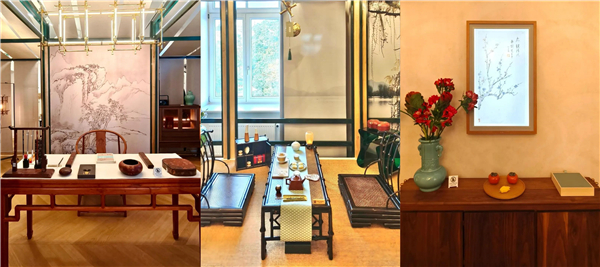
Many people from the fields of art and culture, as well as the local Chinese diaspora, attended the opening ceremony, including Pēteris Pildegovičs, Latvian dean of the Confucius Institute at the University of Latvia; He Dong, Chinese dean of the Confucius Institute; and Valdis Segliņš, former vice-president of the University of Latvia. The exhibition has been jointly organized by Prince Kung's Palace Museum and the China Cultural Center in Riga.
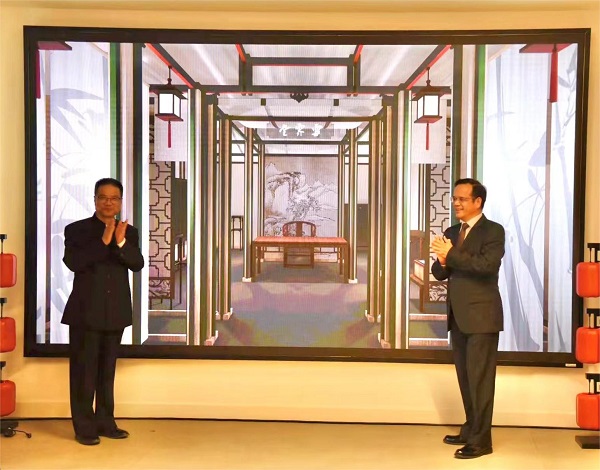
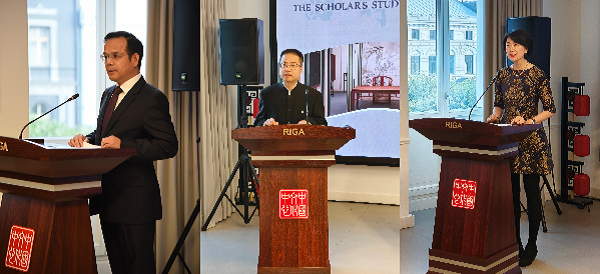
Tang Songgen, Chinese Ambassador to Latvia; Feng Nai'en, director of Prince Kung's Palace Museum; and Wang Nan, director of the China Cultural Center in Riga, all spoke at the ceremony.
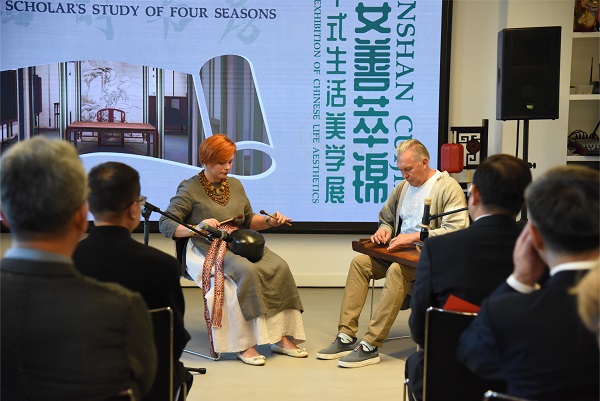
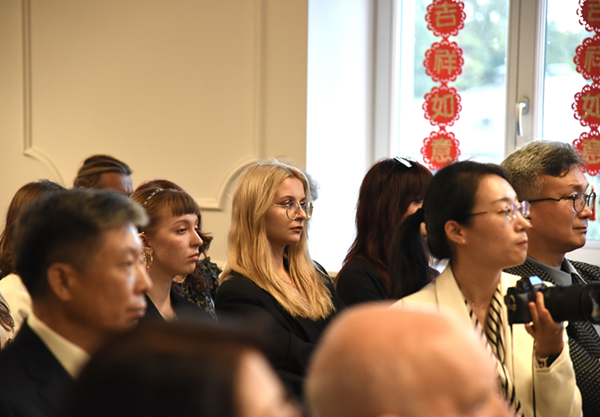
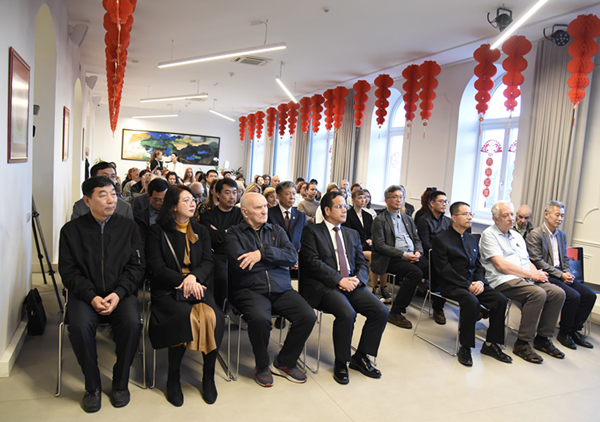
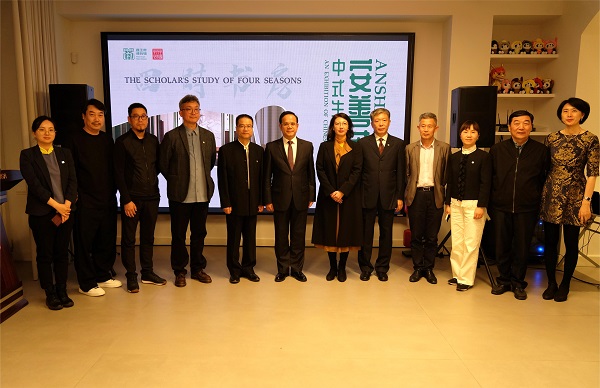
The exhibition presents ancient Chinese literati's emotions expressed in different life scenarios throughout the year by creating spaces themed around seasonal changes.
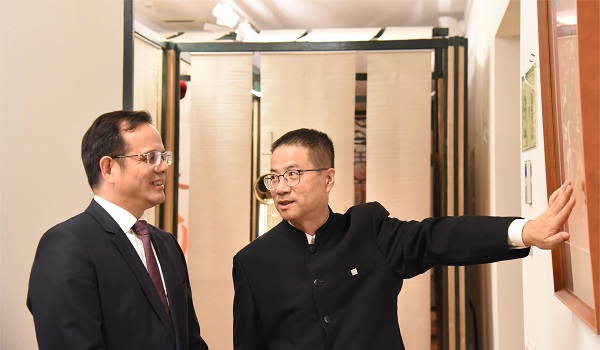
The Hall of After-Snow Clearing (Xueji tang), the Studio of Flower View (Huaxiang zhai), Pavilion of Gentle Breeze (Fenghe xuan) and the Moonlight Cottage (Yuexia lu), these four exhibition spaces with typical names of traditional Chinese study room structures, blending traditional Chinese wooden architecture with contemporary design concepts, collectively form a "Four-Season Study" living experience scene.
Each space is designed around traditional Chinese festivals and solar terms like Winter Solstice, Qingming Festival, Dragon Boat Festival and Mid-Autumn Festival, reflecting the aesthetics of traditional Chinese lifestyle throughout the year.
The exhibition unveiled in Riga marks the first leg of Prince Kung's Palace Museum's overseas tour of its Anshan Hall-themed traditional lifestyle aesthetics gallery. This initiative is an innovative practice exploring the contemporary expression of traditional culture, aiming to integrate the essence of traditional Chinese culture with modern life and promote cross-cultural exchanges.
Moving forward, Prince Kung’s Palace Museum will continue to run aesthetics-themed traveling exhibitions with Chinese characteristics, contributing to cultural exchanges between China and foreign countries, and increasing the global influence and reach of Chinese culture.
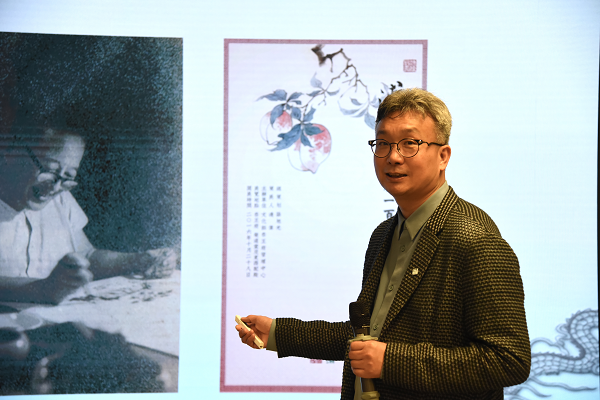
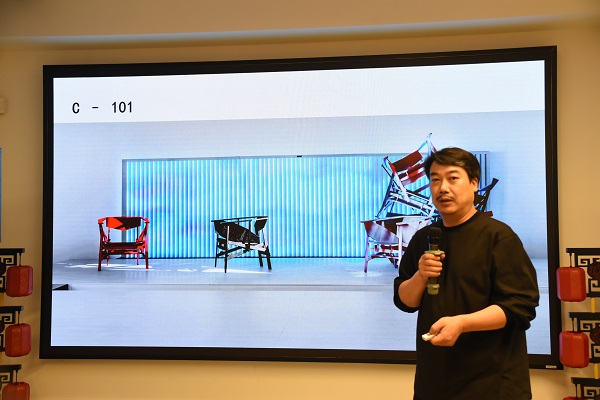
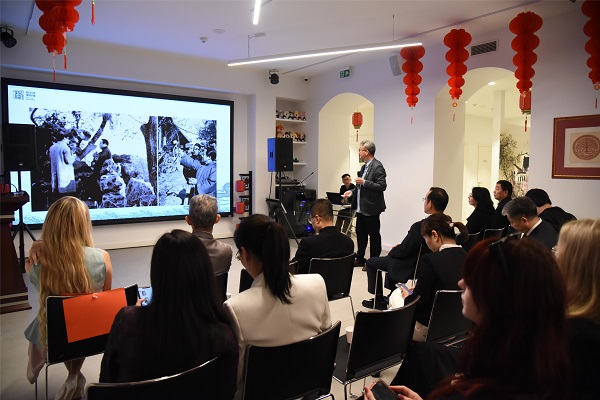
After the opening ceremony, Wang Donghui, director of the Collections Research Department at Prince Kung's Palace Museum, and famous Chinese furniture designer Chen Darui gave lectures titled "Appreciation of Pu Xinyu's Paintings" and "The Evolution of Chinese Design" to the audience.